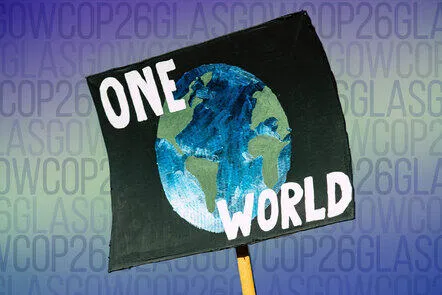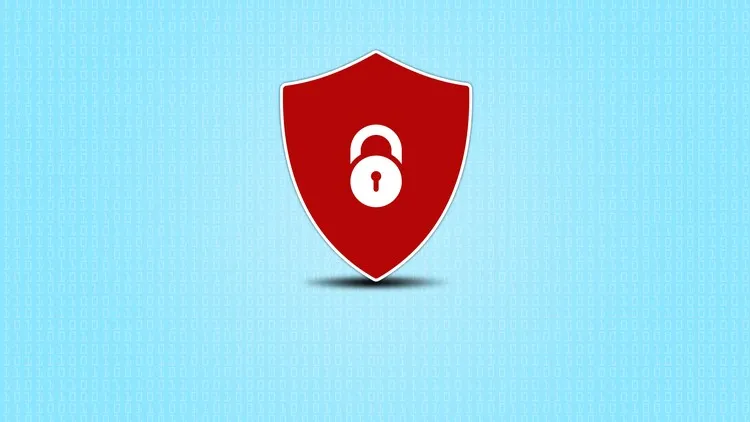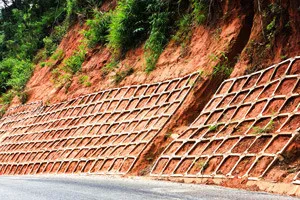
Learning for a Sustainable Future: Live at COP26 
This course will explore the global context of COP26, the UN Convention on Biological Diversity, and the UN Sustainable Development Goals. It will examine the work of educators and communities in Scotland who have been involved in COP26-related activities, and investigate creative responses to the complex themes of COP26. Through this course, students will gain an understanding of how individuals, communities, and organisations can work together to create a more sustainable future in the face of climate change and environmental sustainability. ▼
ADVERTISEMENT
Course Feature
![]() Cost:
Cost:
Free
![]() Provider:
Provider:
Futurelearn
![]() Certificate:
Certificate:
No Information
![]() Language:
Language:
English
Course Overview
❗The content presented here is sourced directly from Futurelearn platform. For comprehensive course details, including enrollment information, simply click on the 'Go to class' link on our website.
Updated in [May 25th, 2023]
This course provides an overview of the United Nations Conference of the Parties (COP26) and its related frameworks, such as COP15 (The UN Convention on Biological Diversity) and the UN Sustainable Development Goals. Students will explore local, national, and global perspectives on COP26 through a variety of responses to the Conference's core themes. They will also investigate the work of educators and communities in Scotland who have been involved in COP26-related activities, as well as a variety of artistic and creative responses that provide engaging and alternative perspectives on the complex themes of COP26. Finally, students will share their thoughts and inspiration on how individuals, communities, and organisations can work together to create a more sustainable future.
[Applications]
The application of this course can be seen in the development of sustainable practices in local, national, and global contexts. Participants can use the knowledge gained from this course to create and implement initiatives that promote sustainable development. Additionally, the course can be used to inform and inspire creative and artistic responses to the core themes of COP26. Finally, the course can be used to foster collaboration between individuals, communities, and organisations to create a more sustainable future.
[Career Paths]
1. Environmental Scientist: Environmental scientists are responsible for studying the environment and its effects on human health and the environment. They use their knowledge of the natural sciences to develop solutions to environmental problems. They may also work to develop policies and regulations to protect the environment. As the world continues to grapple with climate change, environmental scientists are increasingly in demand to help develop solutions to mitigate its effects.
2. Sustainability Consultant: Sustainability consultants help organizations develop and implement strategies to reduce their environmental impact. They work with businesses to identify areas of improvement and develop plans to reduce their carbon footprint. They also advise on how to use renewable energy sources and other sustainable practices. As the world continues to focus on sustainability, the demand for sustainability consultants is expected to grow.
3. Climate Change Policy Analyst: Climate change policy analysts are responsible for researching and analyzing climate change policies and their impacts. They work to identify potential solutions to climate change and develop strategies to reduce its effects. They also work to educate the public on the importance of climate change and the need for action. As the world continues to grapple with the effects of climate change, the demand for climate change policy analysts is expected to increase.
4. Renewable Energy Engineer: Renewable energy engineers are responsible for designing and developing renewable energy systems. They work to develop efficient and cost-effective solutions to generate energy from renewable sources such as solar, wind, and geothermal. As the world continues to focus on transitioning to renewable energy sources, the demand for renewable energy engineers is expected to grow.
[Education Paths]
1. Environmental Science Degree: Environmental science degrees provide students with the knowledge and skills to understand the complex interactions between the environment and human activities. Students learn about the natural environment, the impact of human activities on the environment, and how to develop sustainable solutions to environmental problems. This degree is becoming increasingly popular as the world faces the challenges of climate change and environmental degradation.
2. Sustainable Development Degree: Sustainable development degrees focus on the economic, social, and environmental aspects of development. Students learn about the principles of sustainable development, the challenges of global poverty, and the importance of environmental protection. This degree is becoming increasingly important as the world seeks to create a more equitable and sustainable future.
3. Climate Change Degree: Climate change degrees provide students with the knowledge and skills to understand the causes and effects of climate change. Students learn about the science of climate change, the impacts of climate change on the environment and society, and how to develop strategies to mitigate and adapt to climate change. This degree is becoming increasingly important as the world seeks to address the challenges of climate change.
4. Renewable Energy Degree: Renewable energy degrees provide students with the knowledge and skills to understand the principles of renewable energy and its potential to reduce our dependence on fossil fuels. Students learn about the different types of renewable energy, the challenges of transitioning to a renewable energy system, and how to develop strategies to promote the use of renewable energy. This degree is becoming increasingly important as the world seeks to reduce its reliance on fossil fuels and transition to a more sustainable energy system.
Course Syllabus
COP26: Setting the Scene.
Sharing Thinking.
Working Collaboratively.
Moving to Action.
Futures Thinking.
Course Provider

Provider Futurelearn's Stats at AZClass
Discussion and Reviews
0.0 (Based on 0 reviews)
Explore Similar Online Courses

Learn Complete Wordpress Security

Learning Linux Command Line

Python for Informatics: Exploring Information

Social Network Analysis

Introduction to Systematic Review and Meta-Analysis

The Analytics Edge

DCO042 - Python For Informatics

Causal Diagrams: Draw Your Assumptions Before Your Conclusions

Whole genome sequencing of bacterial genomes - tools and applications

Advanced Erosion Control Measures

Environmental Studies


Start your review of Learning for a Sustainable Future: Live at COP26